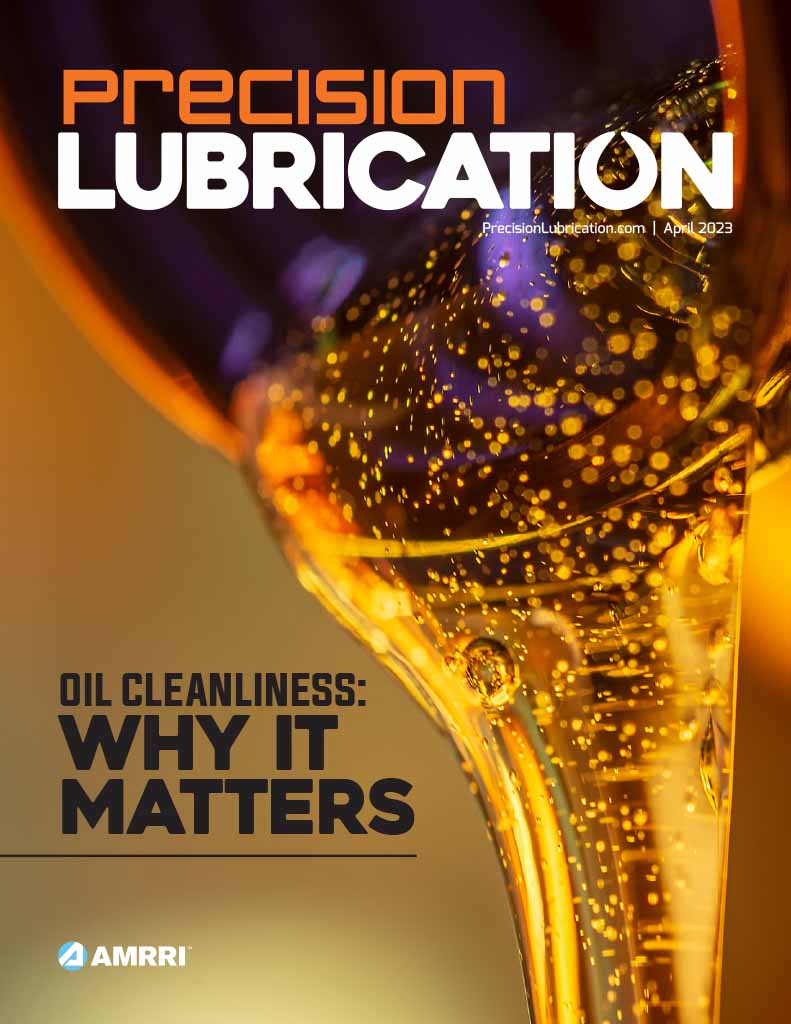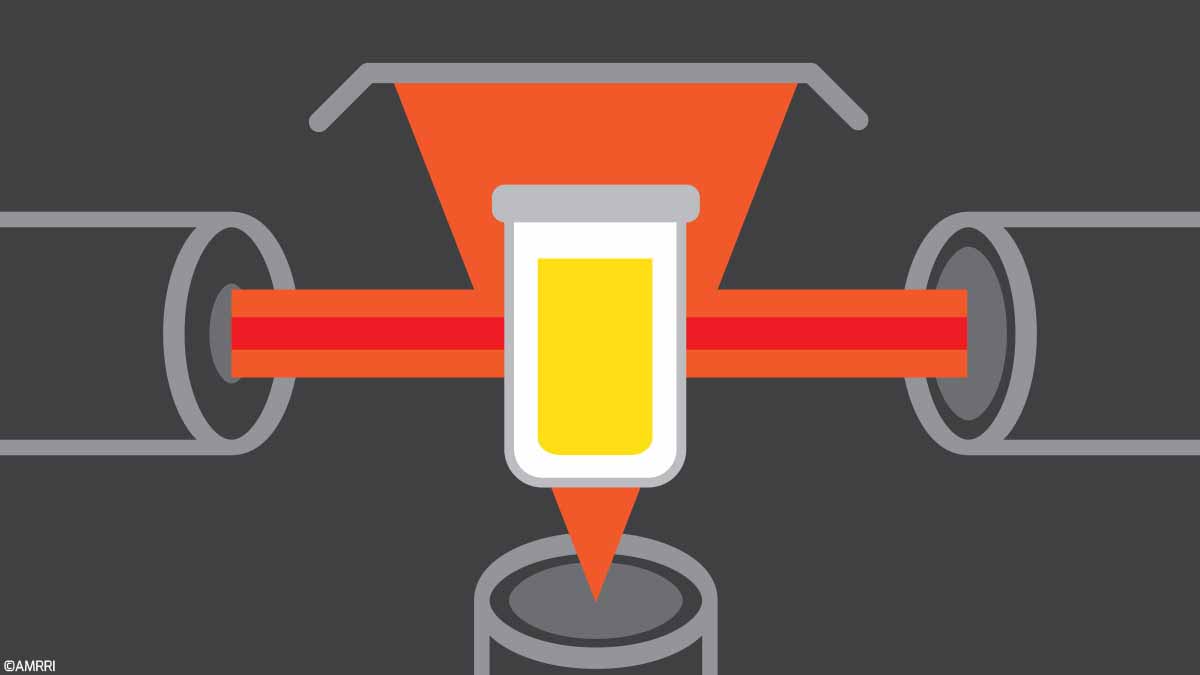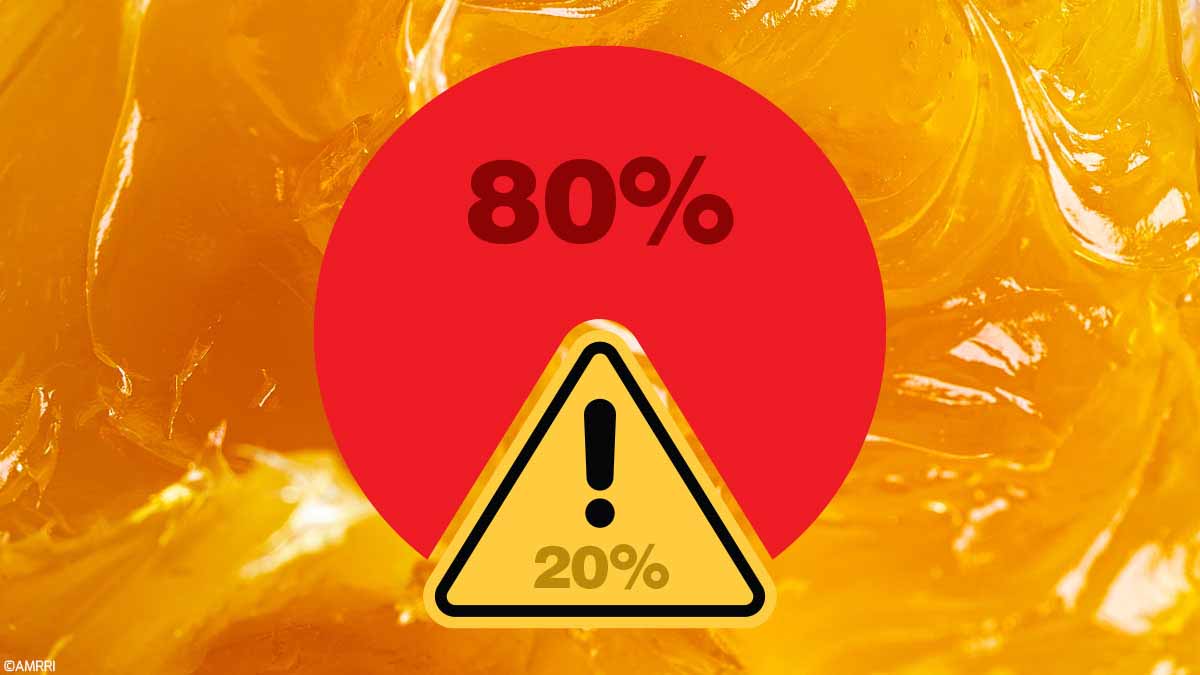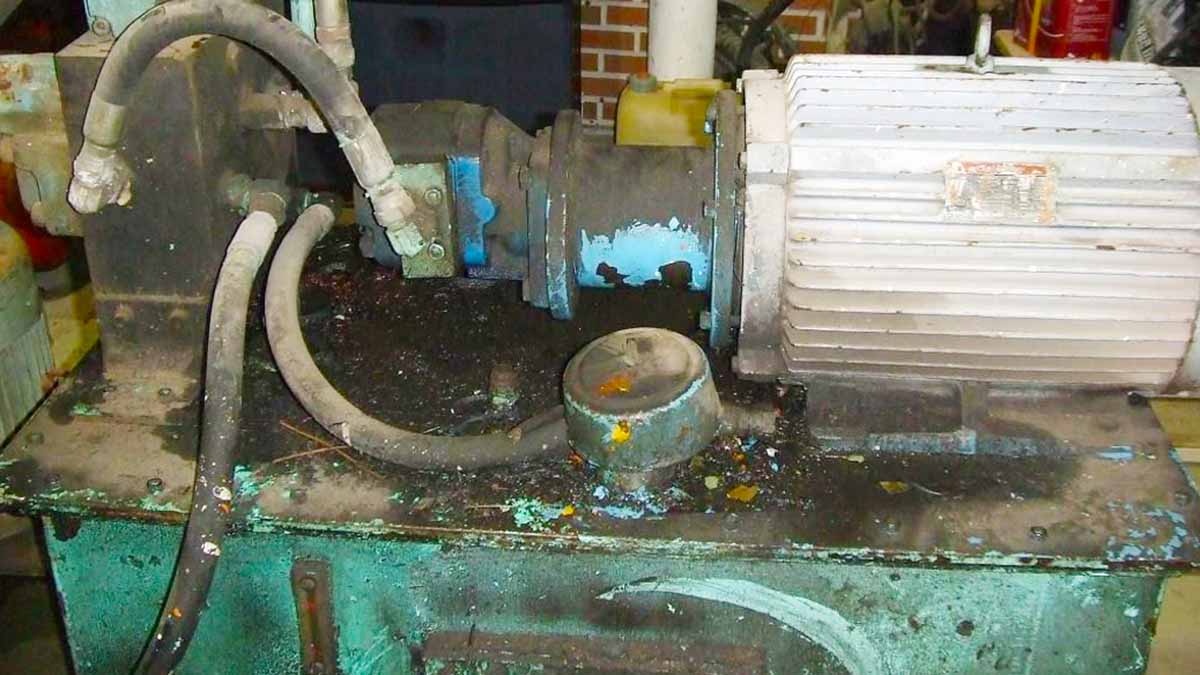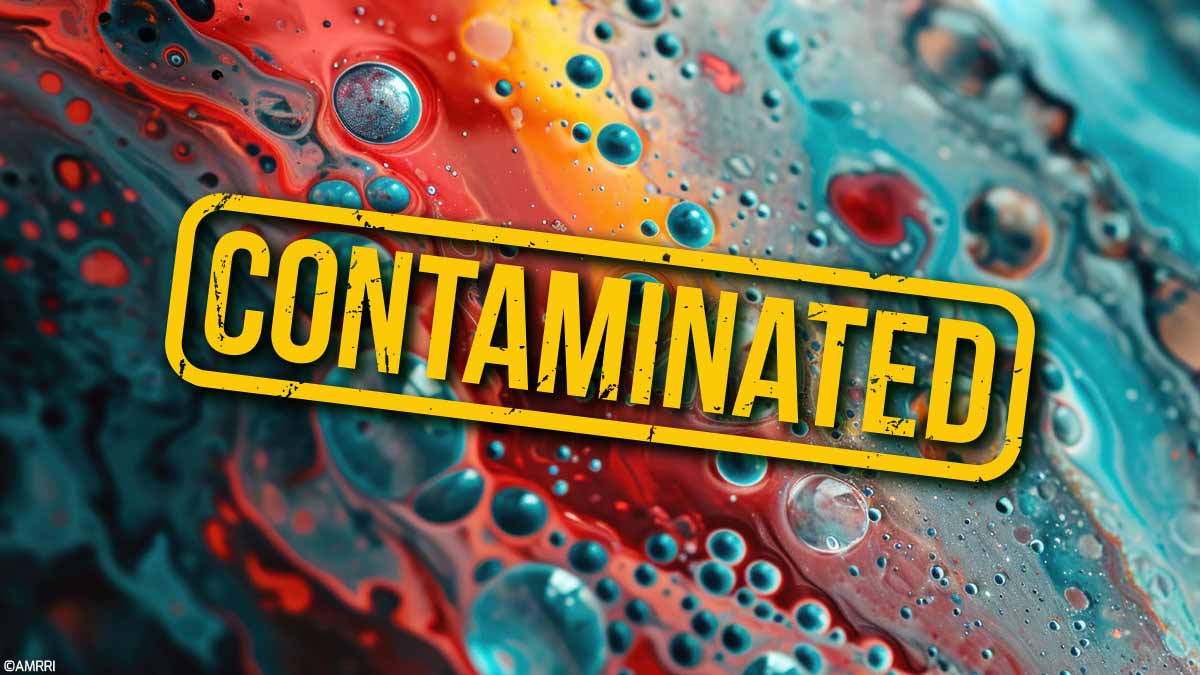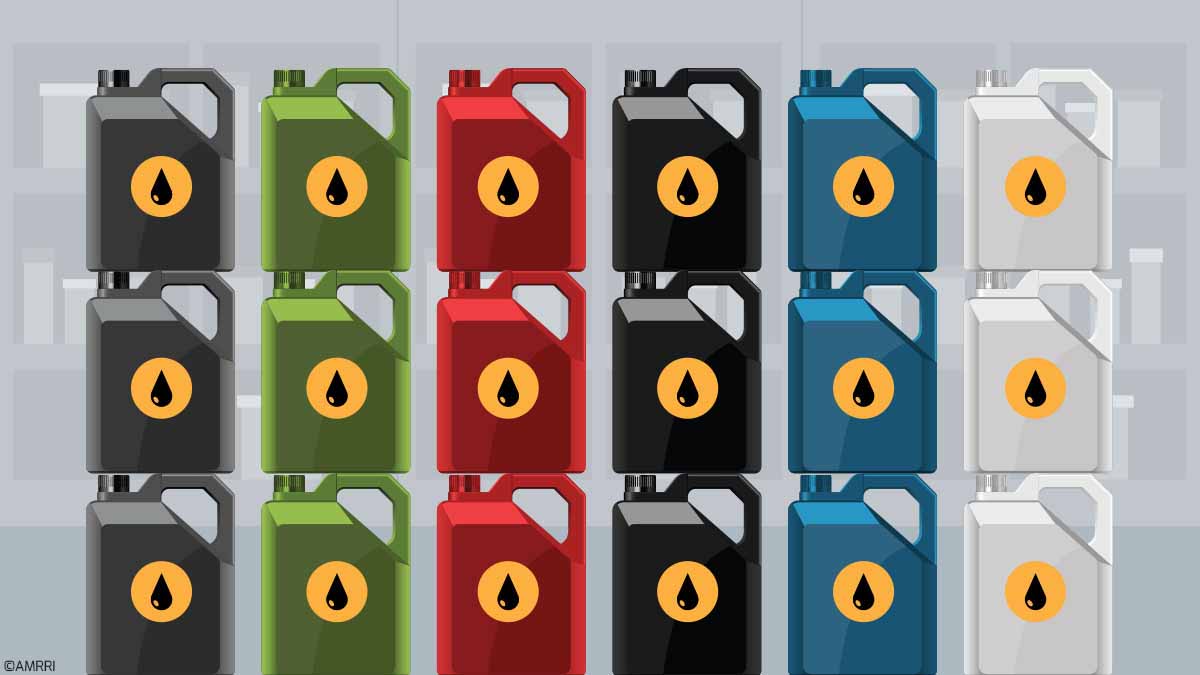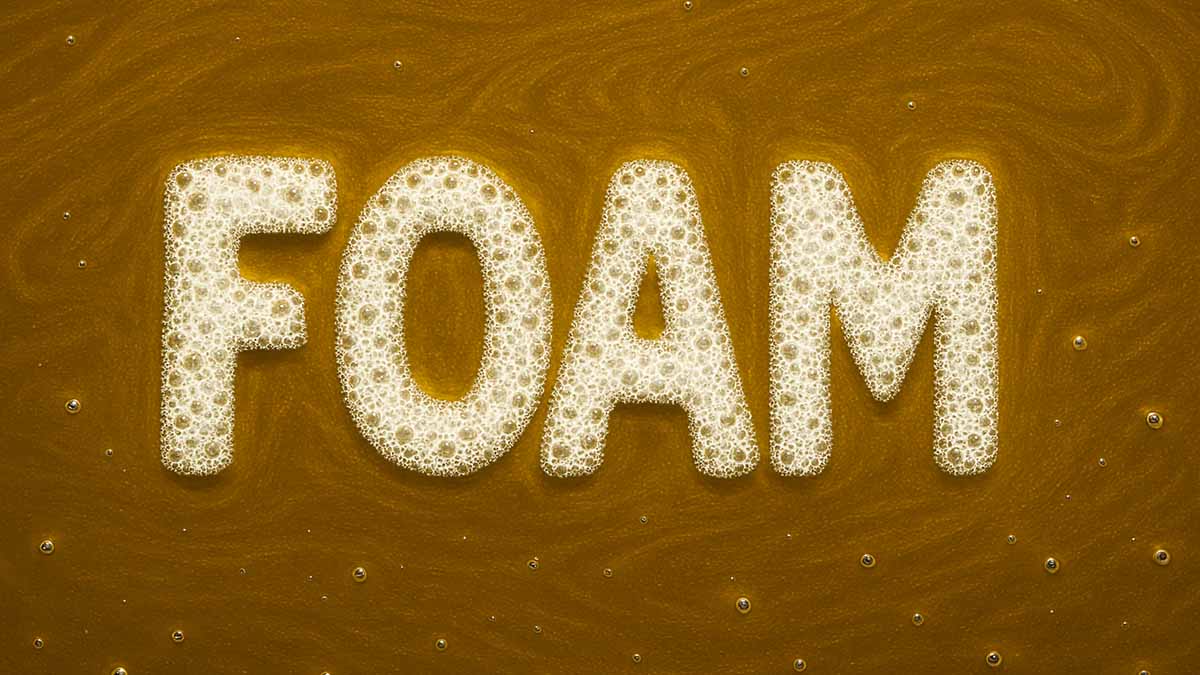Ferrous debris refers to small metallic particles, primarily iron, found in lubricating oils and greases caused by mechanical wear and damage to metal components. Early detection of this debris is critical, as it can indicate system wear before major damage has time...
Articles
How to Apply the Pareto Principle to Oil Analysis for Smarter Maintenance Gains
In industrial maintenance and reliability engineering, few concepts are as intuitively powerful as the Pareto Principle—also known as the 80/20 rule. Originating from Vilfredo Pareto's observations of wealth distribution, this principle has evolved into a universal...
Why Oxidation and Thermal Stress Degrade Lubricants in Unique Ways
Lubricating oils play a critical role in rotating machinery's efficient and safe operation. However, these fluids are exposed to various factors that can deteriorate their performance over time. Two of the most common degradation mechanisms are oxidation and thermal...
The Economics of Clean Oil: Why Prevention Beats Repair Every Time
When it comes to hydraulic systems, oil contamination is one of the most insidious and persistent enemies. It is estimated that about 80% of failures in these systems are directly related to fluid contamination. The issue goes beyond simply cleaning the oil; It...
How to Choose the Best Filter Location for Contamination Control
Achieving proactive maintenance involves three key steps: setting cleanliness targets, implementing specific actions to meet those targets, and frequently measuring contaminant levels. This article focuses on the second step—specifically, how to choose the most...
Mixing Wind Turbine Gear Oils? Lab Results Say Proceed with Caution
The question of lubricant miscibility usually arises in the context of a product change or the need for a refill. The very asking of it demonstrates operational awareness and knowledge. However, the key to success is the right question and a precise and reliable...
How to Eliminate Water from Oil and Extend Equipment Lifespan
Ugly. Torturous. Scourge. Devastating. Catastrophic. Insidious. These are just a few of the words used in papers and presentations to describe the effects of water in oil. You get the picture. For good reason, water has been called the second most destructive...
Engine Oil Types and How to Choose the Right One
Engine oil is a lubricating fluid designed to reduce friction and wear between moving parts inside an internal combustion engine, while also cooling, cleaning, and protecting components from corrosion and deposits. While we may think that there are numerous car...
How to Protect Pumps and Gearboxes by Removing Water from Oil
Why Water in Oil Is So Dangerous From an early age, we learn that oil and water do not mix. While that is not exactly true in the world of lubrication, it is true to say that any degree of water in a lubricant can cause irreparable harm to both the lubricated...
Lubricant Foaming: How to Diagnose and Eliminate the Problem
What is Lubricant Foaming? Lubricant foaming is a deceptively complex phenomenon often dismissed as mere surface bubbles on top of oil reservoirs. Yet seasoned lubrication engineers and tribologists understand the critical threat foaming poses to lubricant performance...

